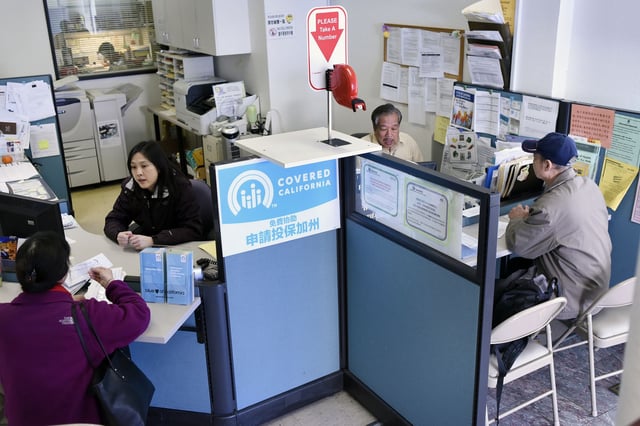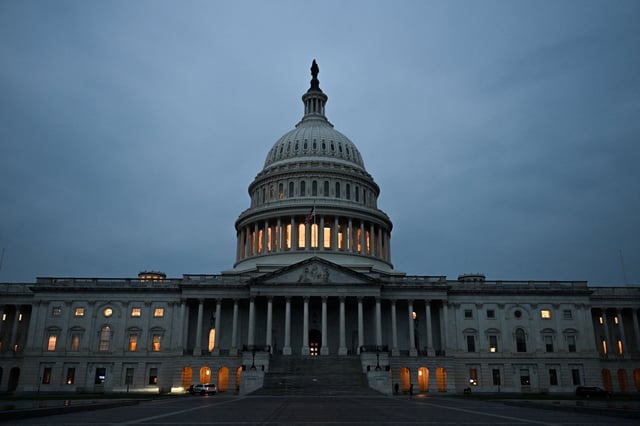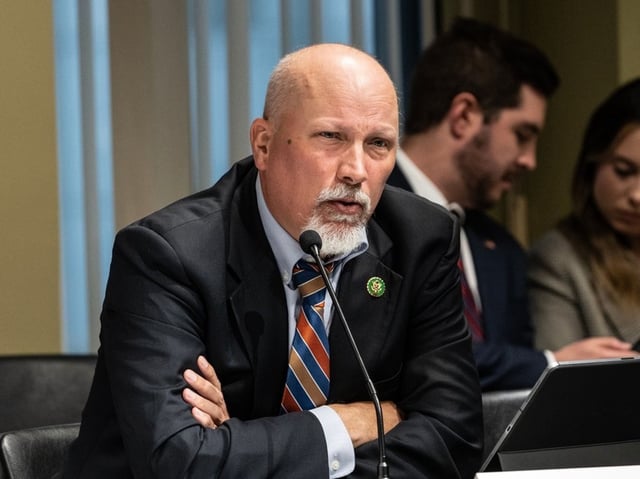Overview
- Democrats seek to extend the enhanced premium tax credits in a stopgap funding bill, while Republican leaders oppose tying the policy to keeping the government open ahead of the Oct. 1 deadline.
- KFF estimates average annual payments for subsidized enrollees would rise from about $888 in 2025 to roughly $1,904 in 2026 if the credits expire, a 114% increase affecting about 22 million people.
- Proposed median rate hikes of about 18% for 2026 and a Trump administration change to tax-credit calculations would further raise required consumer contributions.
- Covered California reports 86% of its enrollees receive the enhanced credits and warns average monthly costs would rise about $125 with up to 400,000 priced out; Arizona and Texas officials flag broad exposure as most marketplace enrollees there rely on subsidies.
- Fiscal and political disputes deepen the impasse as CRFB says a Democratic counterproposal would add $1.5 trillion over 10 years, and reporting describes GOP divisions with some members open to short extensions but top leaders resisting talks during a shutdown.



